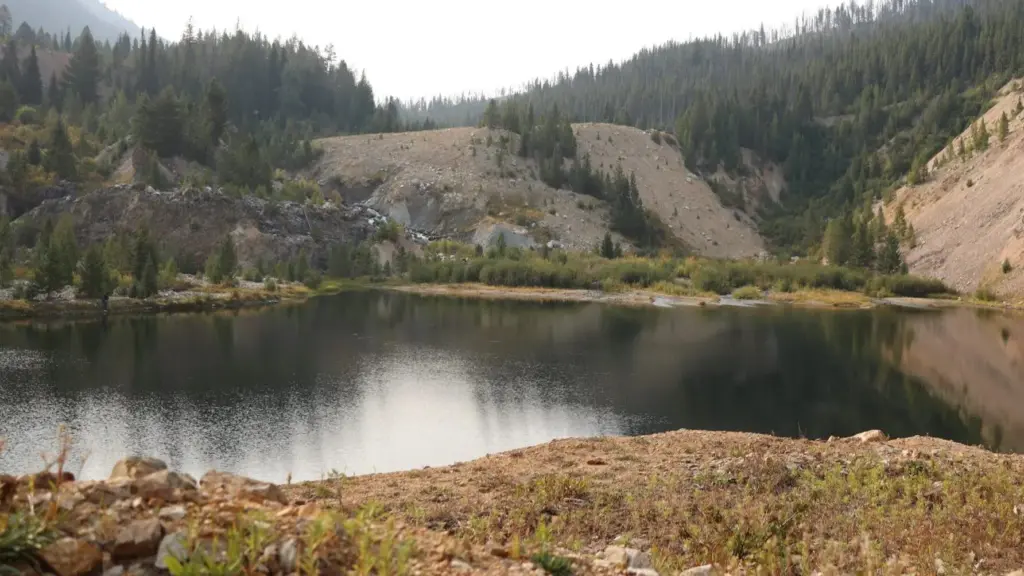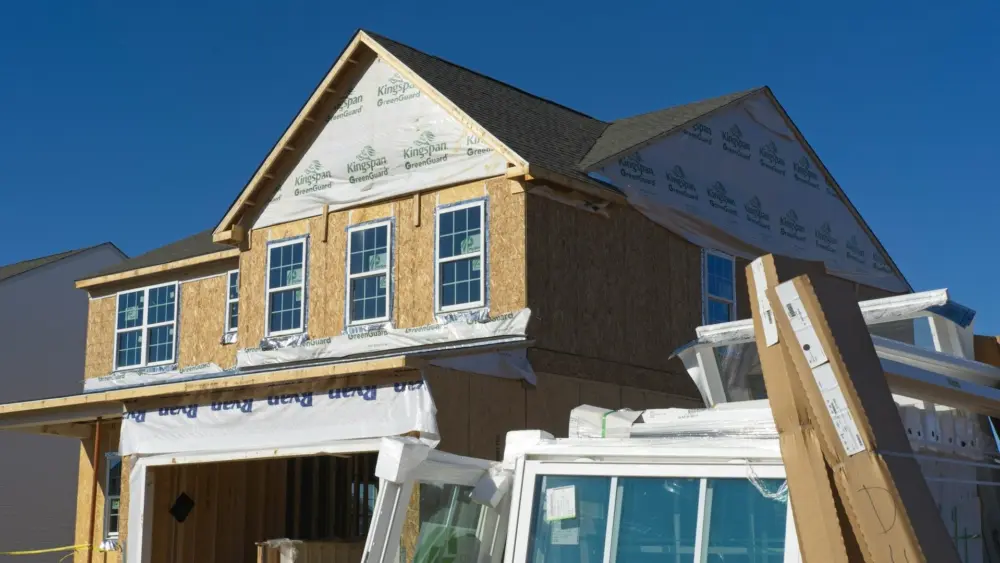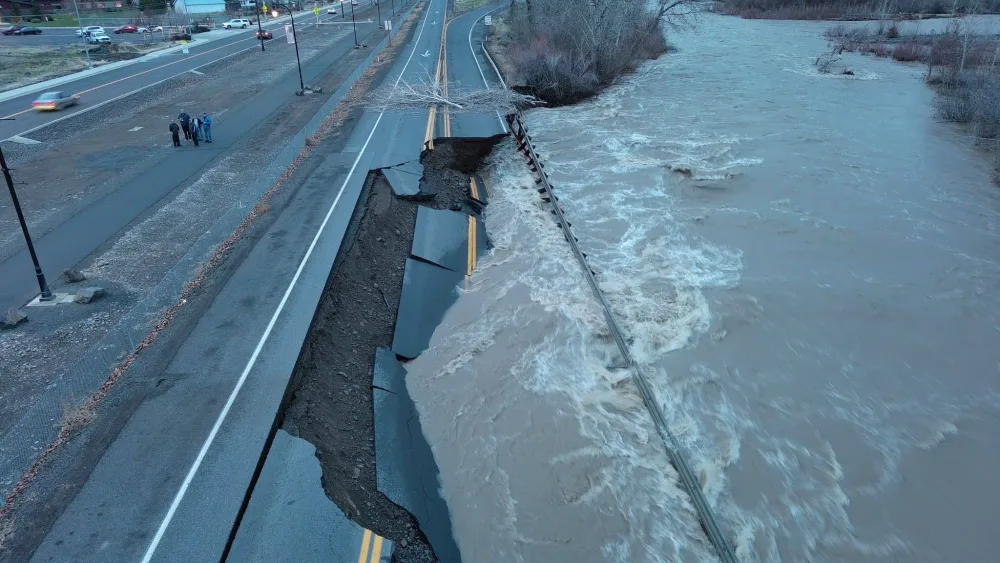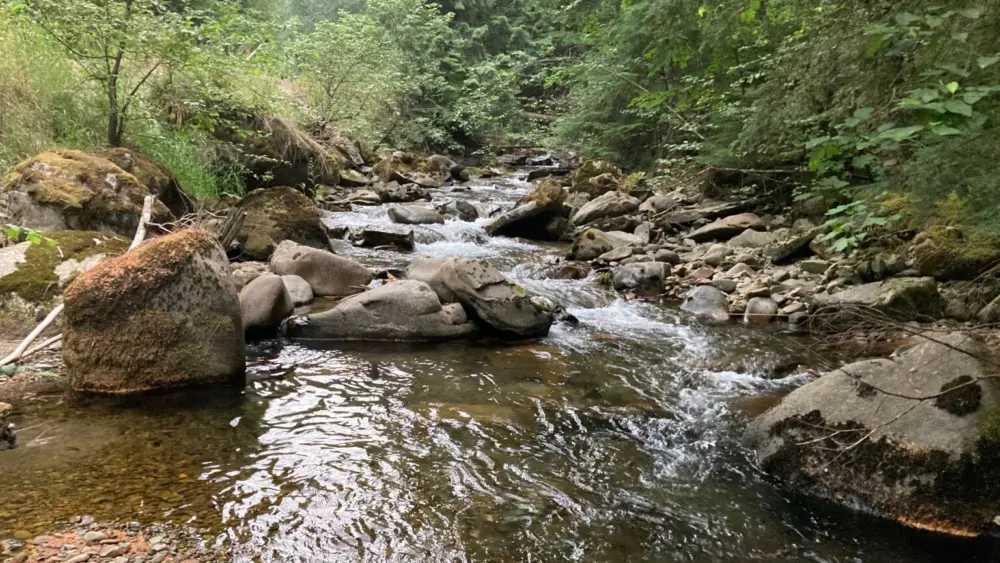BOISE, ID – The Idaho Conservation League (ICL) and Save the South Fork Salmon filed a lawsuit Thursday in Idaho state court against the Idaho Department of Environmental Quality (DEQ), alleging that the agency failed to protect public health when it issued an air quality permit for the proposed Stibnite Gold Project.
The lawsuit challenges DEQ’s decision to grant the permit to Perpetua Resources, which plans to develop a large open-pit gold mine in Valley County. The mine site, located on public lands in the Boise and Payette National Forests, sits 45 air miles east of McCall and borders the Frank Church–River of No Return Wilderness Area, within the homelands of the Nez Perce Tribe.
According to the plaintiffs, mining operations at Stibnite would release significant amounts of dust and particulate matter containing arsenic—a toxic substance and known carcinogen linked to several serious health conditions. They say DEQ’s permit lacks adequate monitoring and safeguards, and allows arsenic emissions that exceed the agency’s own health-based standards.
“Idaho DEQ’s misleading analysis of arsenic emission and cancer risks could expose anyone who works or recreates near the mine to dangerous levels of toxic and carcinogenic pollution,” said Will Tiedemann of ICL.
The groups also criticized the permit’s exemption of the Stibnite Road from state air quality protections, despite it being open to public use during mining operations.
“Perpetua’s disregard is particularly brutal given that its workers will be living at the mine site, forced to breathe toxic air day after day,” said Judy Anderson of Save the South Fork Salmon.
Concerns over air quality were previously raised by ICL, Save the South Fork Salmon, and the Nez Perce Tribe during the permitting process. Although the Idaho Board of Environmental Quality ruled in favor of the groups in 2024, the Board later approved the permit in May 2025.
Bryan Hurlbutt, staff attorney at Advocates for the West, said the DEQ’s actions “set a dangerous precedent that industry could use to emit larger quantities of toxic air pollution anywhere in Idaho.”
The Stibnite Gold Project would span 3,265 acres and involve the excavation of three large open pits and the construction of a 475-foot tall tailings storage facility.
The air quality permit is one of several permits Perpetua Resources must obtain before mining can begin. DEQ is currently accepting public comments on a revised water quality permit. In addition, the U.S. Forest Service must still approve the mine’s final plan of operations and verify financial assurances for reclamation.
In a separate legal action filed earlier this year, a coalition of six conservation groups sued the Forest Service, U.S. Fish and Wildlife Service, and National Marine Fisheries Service, alleging violations of the Endangered Species Act and harm to threatened species including Chinook salmon, steelhead, bull trout, wolverine, and whitebark pine.
In their latest lawsuit, ICL and Save the South Fork Salmon—represented by Advocates for the West and attorney Julia Thrower of Mountain Top Law—seek to revoke the DEQ’s air quality permit unless the mine can meet legal standards that ensure public health protection.





